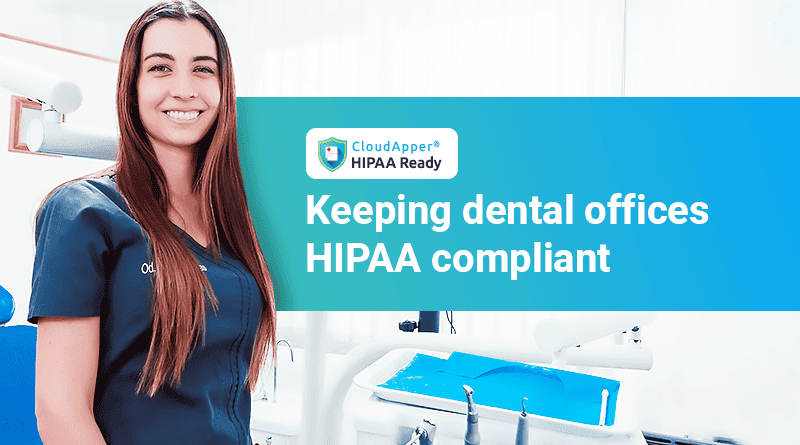While the world is still reeling from the effects of COVID-19, many hackers have announced that they will not be targeting U.S. healthcare providers for the time being. While this is a surprising but welcome move, not all hackers share the same sentiment. Many are targeting smaller healthcare providers with ransomware attacks and phishing tactics. This is because they believe that smaller organizations are more likely to negotiate or pay to get the stolen sensitive patient data back. Regardless, HIPAA enforces that PHI is protected at all times and healthcare organizations, both big and small, need to ensure that they continuously comply. This article focusses on providing a HIPAA cheat sheet that organizations can use to ensure that PHI is protected and compliance can be achieved through better security measures.
A report by cybersecurity firm RiskIQ sheds some light on this. Ransomware has been increasingly used against healthcare providers – such attacks have risen by 35% from 2016 to 2019. The attackers focus on facilities that deal with patients – healthcare providers, health and wellness centers, as well as medical practices are their top priorities.
These organizations have a lot of stored information such as appointment data, payment information, as well as personal patient data. They need to protect patient data as PHI needs to be safeguarded as per HIPAA regulations. Violating HIPAA regulations will result in hefty fines for an organization.
The study also revealed that 70% of such attacks are faced by smaller providers, especially those who have less than 500 employees. This is alarming, as most of the smaller practices do not have the resources to protect patient data properly and this makes them easier targets for cybercriminals.
Another study revealed that only one-fifth of smaller healthcare organizations employ security personnel and rely on third-party vendors for cybersecurity.
The HIPAA Cheat Sheet you should follow
Redundancy is the key
While backups are an absolute must, you can take it one step further by keeping another backup at a different location, preferably offline or on another network. This way, even if the main data is locked up by ransomware, you’ll always have access to the second backup – as long as you keep it updated consistently.
Ensure all your sensitive data is encrypted
Ransomware is not the only weapon used by hackers. While ransomware focuses on locking the data and asking for a ransom to release the data, hackers can also cause data breaches and steal the data and sell it on the black market. For the latter, you can prevent serious risks by encrypting all the sensitive healthcare data as if anyone gets their hands on the data, the encrypted PHI will be unreadable to the criminals.
Some pioneering healthcare providers are using RightPatient to protect patient data. It is a biometric patient identification system that locks the medical records and can prevent medical identity theft even if there is a breach. Adding an extra layer of security can go a long way.
Follow HIPAA Regulations after a breach
Healthcare data breaches are occurring almost every day and this shows that almost any organization can be hit by a data breach, especially smaller hospitals. Instead of being reactive, be proactive by preparing response plans in case a breach occurs. Fortunately, HIPAA has rules for you to follow, after a data breach. Thus, the best and safest way to deal with a data breach is by incorporating the HIPAA Breach Notification Rule within your response plans.
Train your staff members
This is one of the most important points of the HIPAA compliance cheat sheet, as it is a crucial tool to protect PHI and ensure HIPAA compliance. Hackers are becoming more creative with how they approach and steal sensitive information, with PHI being an important target.
An organization needs to train their employees regularly to ensure that they are aware of the latest tactics used by hackers. This will ensure that your employees, specifically those who deal with patient data, can detect and be aware of phishing emails and can report any suspicious activity to their managers.
Use software to simplify HIPAA compliance
HIPAA compliance is both crucial and complex. Your organization needs to ensure it is always up-to-date and with the changing rules and regulations.
Fortunately, HIPAA Ready is there to simplify your HIPAA needs. It is a robust HIPAA compliance software that has been made just for you – to ensure compliance. Keep all your HIPAA documents, training information, policies & procedures in one centralized location, so that all your relevant employees can access it and know their roles as to how to ensure compliance. HIPAA Ready makes HIPAA compliance easier.



















